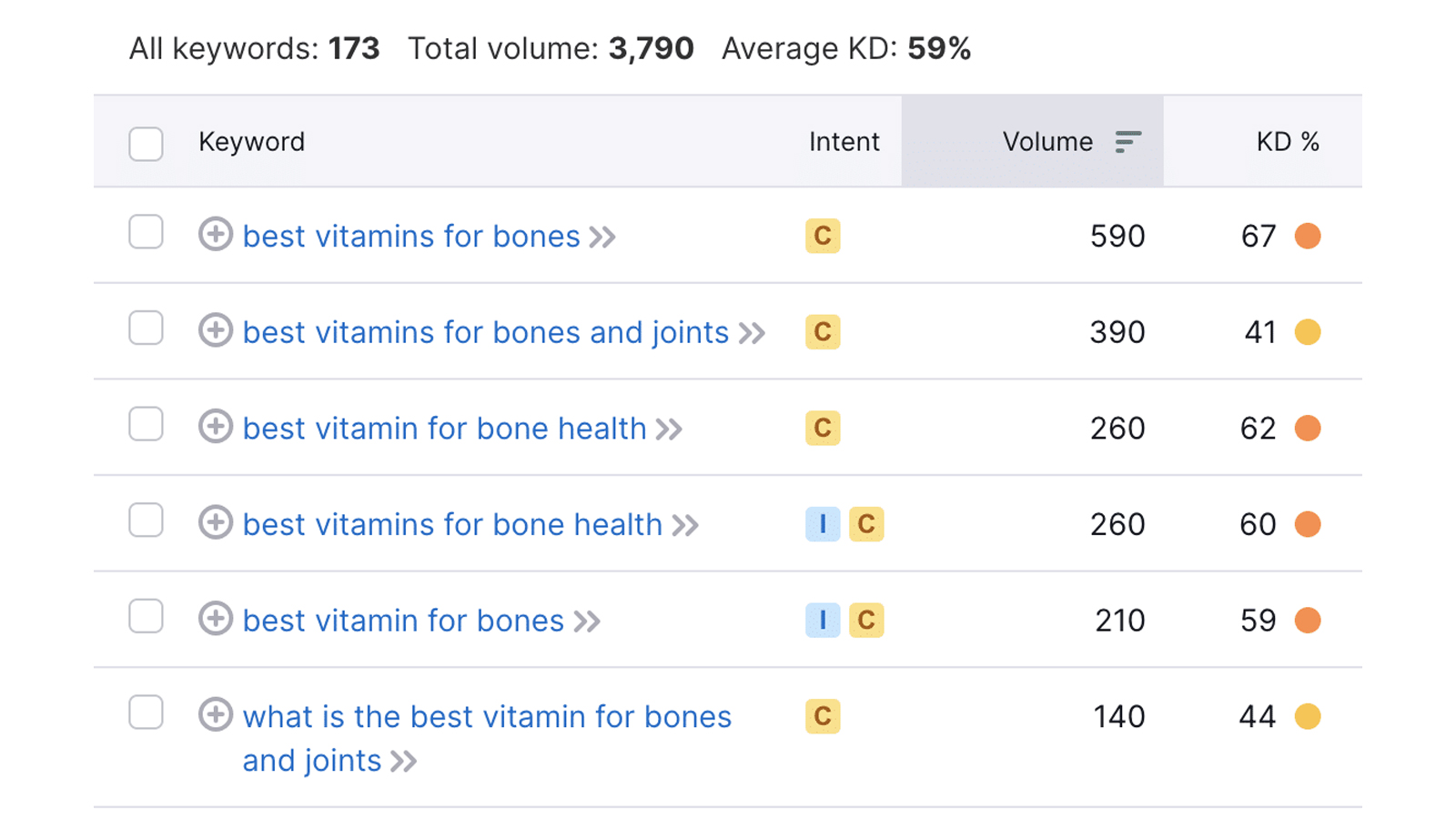
You can buy mass-produced pens in stores for less than $1 each, yet people are still willing to...

You can buy mass-produced pens in stores for less than $1 each, yet people are still willing to...
Most B2B marketers use generative AI, even many of our clients. That’s right – our clients use generative...
The debate rages on… Is it worthwhile to learn how to write in the face of surging AI...

Data takes the guesswork out of strategies. You can go from “We should try this and see if...

How to Choose Keywords for SEO that Actually Rank If you are performing a home renovation and run...
No HR needed to get access to the best writers, editors, QAs, and strategists. We are your all-in-one content writing service delivering publish-ready content.
Copyright – 2025 Express Writers -All rights reserved